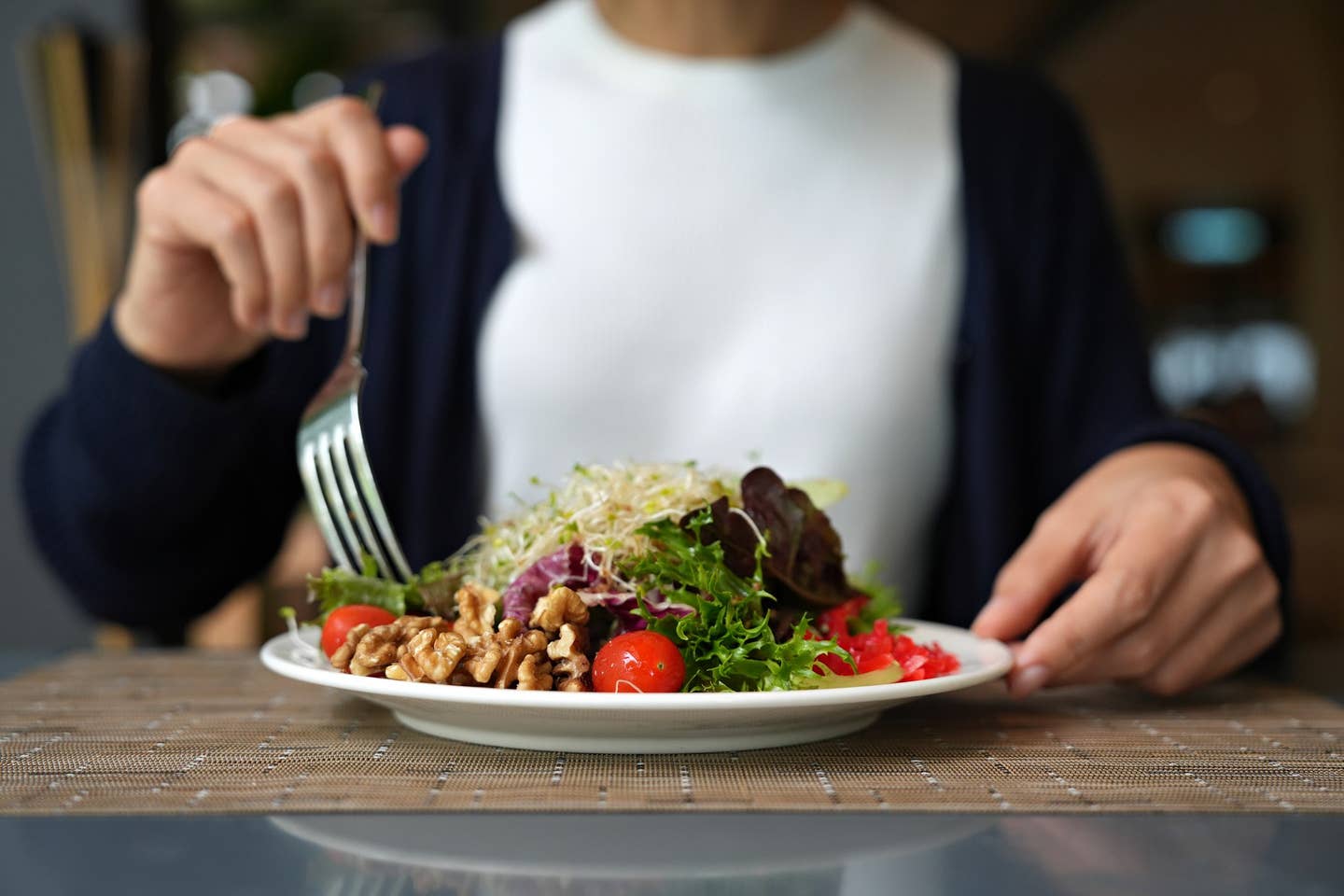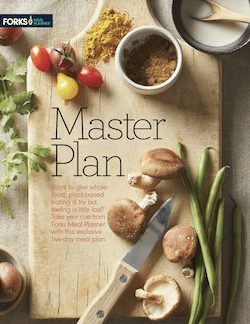Hold the cookies, soda, and salty snacks: A new study published in The BMJ suggests that eating ultra-processed foods can significantly heighten the risk of developing inflammatory bowel disease (IBD).
It’s estimated that IBD, which takes the form of Crohn’s disease or ulcerative colitis, affects 5 million people worldwide. The United States accounts for more than half of that number. In recent years the incidence of IBD has increased in several countries where both Crohn’s disease and ulcerative colitis had previously been uncommon. And that increase, the study’s authors note, seems to coincide with these nations adopting a Western diet.
Previous research connecting diet with IBD had been limited and even conflicting. However, most of those studies involved a small number of participants. The current study drew findings from questionnaires given to 116,087 adults aged 35 to 70 who were enrolled in the global Prospective Urban Rural Epidemiology (PURE) study between 2003 and 2016. After a median follow-up of 9.7 years, 467 participants were found to have developed IBD (90 with Crohn's disease and 377 with ulcerative colitis).
After adjusting for other potentially influencing factors, researchers found that those individuals who reported a higher intake of ultra-processed foods—such as soft drinks, refined sweetened foods, salty snacks, and processed meats—were much more likely to develop IBD.
Participants were grouped according to their level of ultra-processed food consumption: less than one serving a day, one to four servings per day, and more than five servings per day. Compared with people who had less than one serving of ultra-processed food a day, those who consumed one to four servings daily had a 67 percent greater risk of developing IBD. And those who ate at least five daily servings of ultra processed food were 82 percent more likely to develop IBD than those who ate one serving or less.
Among study participants, ultra-processed food consumption was highest in North America, Europe, and South America. These regions also logged the highest consumption of processed meat and soft drinks. Participants in North America and Southeast Asia ate the most salty snack foods such as chips, while South American participants consumed the most refined sweetened foods such as chocolate.
Researchers found that unprocessed red and white meat; dairy; and whole foods such as fruit, vegetables, and legumes were not associated with IBD risk, leading researchers to posit that it isn’t the type of food but the way a food is processed that relates to the elevated risk.
“Ultra-processed foods often contain high amounts of many non-natural ingredients and additives such as artificial flavors, sugars, stabilizers, emulsifiers, and preservatives,” said the study’s lead author, Neeraj Narula, MD, MPH, FRCPC, director of the IBD Clinic and associate professor of medicine at McMaster University in Ontario, Canada. “Detergents and emulsifiers that are added to foods may have a detrimental impact on the gut barrier, as some translational science research papers have demonstrated increased intestinal permeability—or ‘gut leakiness’—with consumption of these ingredients.” Narula notes that increased intestinal permeability is thought to play a key role in the development of IBD.
Growing Research
This is not the first time ultra-processed foods have been linked to disease. A 2018 population-based cohort study of 104,980 participants found that a 10 percent increase in the proportion of ultra-processed food in one's diet raised their cancer risk by more than 10 percent. Another large observational study linked higher consumption of ultra-processed foods with increased risks of cardiovascular, coronary heart, and cerebrovascular diseases. Meanwhile, there is also evidence that eating an ultra-processed diet increases calorie consumption and leads to weight gain, compared with a diet rich in whole plant foods.
To learn more about a whole-food, plant-based diet, visit our Plant-Based Primer. For meal-planning support, check out Forks Meal Planner, FOK’s easy weekly meal-planning tool to keep you on a healthy plant-based path.
Related News
Try Our Top-RatedMeal Planner Free

Forks Meal Planner takes the hard work out of making nutritious meals the whole family will enjoy.
SAVE $200 ON OUR ULTIMATE COURSE

Join our best-selling course at a new lower price!





